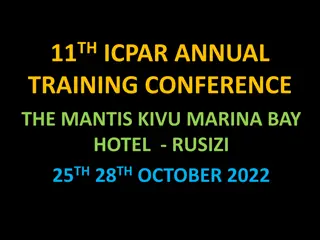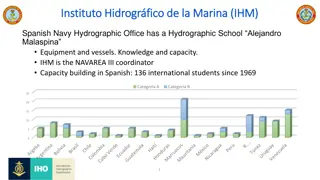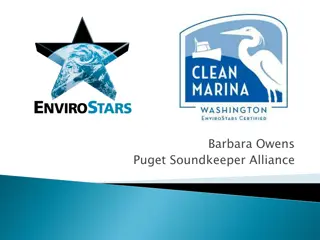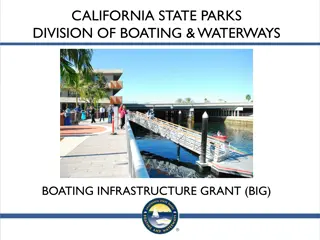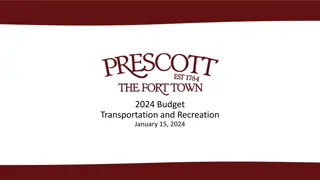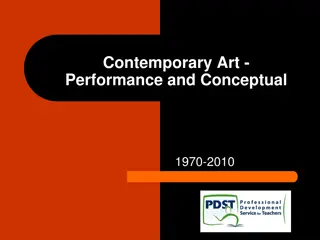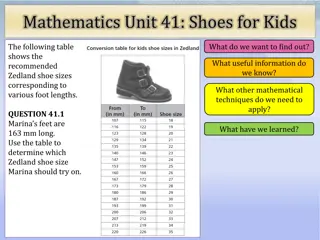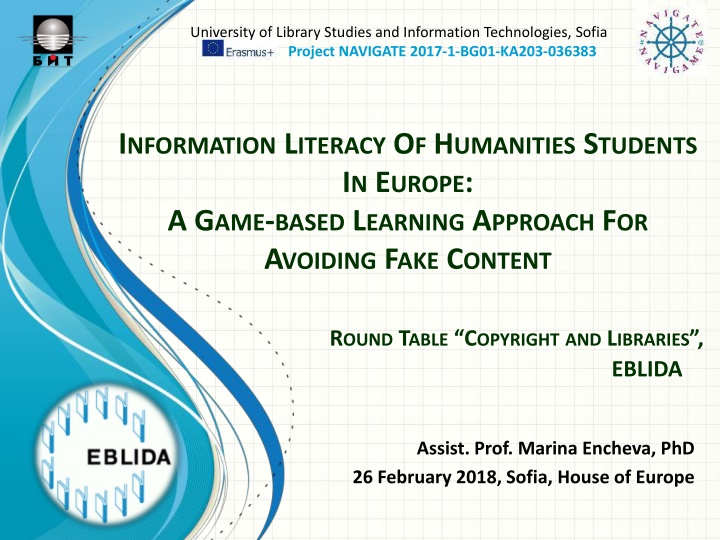
Game-Based Approach to Enhancing Information Literacy in Humanities Education
Explore the ERASMUS+ Project NAVIGATE aiming to improve information literacy skills among humanities students in Europe using a game-based learning approach. Understand the importance of information literacy in today's digital age and the innovative strategies employed to cultivate critical thinking and combat fake content online.
Download Presentation

Please find below an Image/Link to download the presentation.
The content on the website is provided AS IS for your information and personal use only. It may not be sold, licensed, or shared on other websites without obtaining consent from the author. If you encounter any issues during the download, it is possible that the publisher has removed the file from their server.
You are allowed to download the files provided on this website for personal or commercial use, subject to the condition that they are used lawfully. All files are the property of their respective owners.
The content on the website is provided AS IS for your information and personal use only. It may not be sold, licensed, or shared on other websites without obtaining consent from the author.
E N D
Presentation Transcript
University of Library Studies and Information Technologies, Sofia Project NAVIGATE 2017-1-BG01-KA203-036383 INFORMATION LITERACY OF HUMANITIES STUDENTS IN EUROPE: A GAME-BASED LEARNING APPROACH FOR AVOIDING FAKE CONTENT ROUND TABLE COPYRIGHT AND LIBRARIES , EBLIDA Assist. Prof. Marina Encheva, PhD 26 February 2018, Sofia, House of Europe
The Need For Information Literacy (IL) Information explosion and the spread of ICT Technology has made it easy for everyone to access information and IL is now a basic competence. The Lisbon Strategy (EU, 2000) - continuing education The Resolution on Information Literacy UNESCO and IFLA European Commission, March 2015 Riga Declaration on e-Skills for Job IL an essential skill for every citizen/student/ to be able to solve problems, to learn how to learn, to have critical thinking, to be able to communicate, participate, share and contribute to society
ERASMUS+ Project ERASMUS+ Project NAVIGATE NAVIGATE Navigate is a project that originates from important research results in the field of information literacy (IL) achieved in the area of higher education (HE) at European level in the last decade. The project intends to apply an innovative approach based on digital gaming to the information literacy training of HE students in humanities. The goal is to create the opportunity for an active involvement of students through research, experimentation, competition and cooperation. It will also be possible to extend awareness on the issues of information literacy, since game-based training expands the collaborative potential of digital environments.
Partners: 09/2017- 08/2020 ERASMUS+ Project NAVIGATE 2017-1-BG01-KA203-036383 University of Library Studies and Information Technologies Fondazione Politecnico di Milano Project coordinator, Bulgaria Italy Italy University of Parma Sweden University of G vle https://www.navigateproject.eu/
NAVIGATEs main objectives: To elaborate a competency tree and a program on core IL skills such as finding, evaluating and using information effectively. To develop a game-based model for IL training based on the competency tree. To design a model of scenarios for the IL games. To develop IL games and implement an online platform to integrate the game-based learning model. To elaborate a manual to support future users of the game-based method in the IL training.
The game-based model of learning is a way to build critical thinking skills in order to detect and exclude fake information found online. The gamification approach to knowledge is productive in helping students to think more deeply about the information they find and to recognize the appropriate sources they can use online. The other important aspect of the implementation of NAVIGATE game-based approach to IL training is related to the transformation in the academic environment with the establishment of new teaching methods. These methods successfully involve interactive serious games in the learning process. NAVIGATE will help students keep track of the original source and form lasting and sustainable habits in building information competence.
NAVIGATEs expected results: Traditional models of teaching will be changed through the integration of interactive serious games in the training. IL trainers competences will be improved. Students interest in learning in general will be stimulated. The product will be further improved and upgraded by using students and tutors feedback. The NAVIGATE training model will be applied in other institutions (public and academic libraries). Criteria for synchronized learning and assessment will be elaborated. IL competences, which are fundamental today for each occupational area, will be improved for students in the participating universities. Tutors motivation for applying innovative methods and forms of education will increase.
Resources American Library Association (ALA). (2017). Resolution on Access to Accurate Information. Chicago: ALA. Available from: http://www.ala.org/advocacy/intfreedom/statementspols/ifresolutions/accurateinformation Encheva, M. (2016). Teaching Information Literacy Courses in the Context of Library and Information Science Education in Bulgaria: Challenges and Innovative Approaches. Journal of Library Administration, 56(5), 595-602. Encheva, M, P. Zlatkova, N. O. Keskin and I. Vatansever. (2017). Mobile and Information Literacy Perceptions and Skills of Library and Information Sciences and Humanities Students in Bulgaria and Turkey. International Information & Library Review, 49(2), 145-161. Erasmus+ Projects Results Platform. (2017). Available from: http://ec.europa.eu/programmes/erasmus-plus/projects/#search/keyword=game-based learning approach&matchAllCountries=false
Project NAVIGATE 2017-1-BG01-KA203-036383 THANKYOU! Assist. Prof. Marina Encheva, PhD ULSIT, Department of Library Studies, m.encheva@unibit.bg

